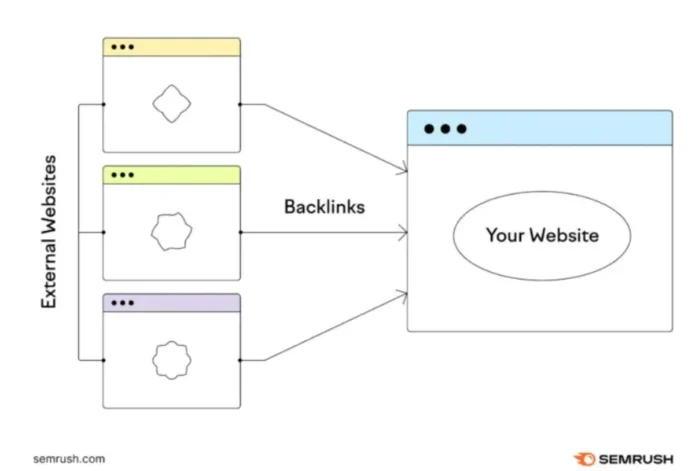What Makes Niche SEO Unique?
A niche business caters to a specific group of customers with specialized needs rather than trying to appeal to everyone.
For example, a niche business might offer software specifically for professional service business owners, such as time tracking for billable hours or client management tools. This gives the company an advantage, as it’s viewed as a specialist rather than a generalist.
However, a niche business might struggle to get noticed online. SEO for niche markets is different from general SEO. It’s unique because:
- Niche SEO targets a narrower group than traditional SEO.
- There will be lower traffic due to the low search volumes.
- The focus is more on keywords with lower search volume rather than keywords that attract large volumes of traffic.
- Niche SEO uses more long-tail keywords than traditional SEO, as it’s aimed at a more specific audience.
To get the most from SEO in your niche market, you also need to understand the challenges you’re up against.
Have a Link-Building Strategy For Your Niche
Like regular SEO, niche SEO needs a link -building strategy.The more quality backlinks you have, the more likely the search engines will see you as a trusted site. Backlinks also increase visibility and traffic.

As you’re covering a niche topic, there won’t be many publications or influencers to link to, but that’s OK.
Social media can work just as well for link-building, and you can always look for micro-influencers in your niche.
Another approach is to look for trade publications that publish online and invite contributions. That’s an authority backlink right there.
Finally, remember the E-E-A-T guidelines mentioned earlier and concentrate on writing the best possible content. That might be long-form content with expert quotes, graphics, or case studies for organic backlinks.
Firm Up Your Reporting Strategy
Doing SEO for a niche market means managing expectations. Whether you’re working in-house as part of a team or doing client work, let your leaders or clients know there may be lower search volumes and traffic for niche SEO topics as there’s a smaller pool of searchers.
To measure your overall performance, you’ll need to focus on your competitive performance. Also, remember that even though search volumes are lower, traffic quality is likely higher.
As Werdowatz states:
“Keywords with lower search volumes specific to your niche can be highly valuable, and marketers often achieve success by targeting them. These keywords attract highly qualified traffic that is ready to convert since they reach an audience already interested in your specific offerings”.
Keep an eye on metrics like organic traffic growth, keyword rankings, conversion engagement, bounce rates, and your authority score, and you’ll be on the right track.
Focus on Competition
With SEO niches, you can’t rely on traffic numbers to determine how successful your strategy is. Instead, you’ll want to look at how direct competitors are doing traffic-wise and either adapt their strategy to your site or find ways to outperform them.
KPIs to track include:
Long-tail, niche keywords: These are longer and more specific than regular keywords and focus on a more targeted market. For instance, “best vegan cafes in downtown Los Angeles.”
Click-through rates (CTR): This helps measure the success rates of your online advertising and the effectiveness of email marketing. The higher the CTR, the more relevant your marketing is to your audience.
Traffic share: Tools like Google Analytics 4, Ahrefs, and Similiarweb all have features to help you measure this metric.